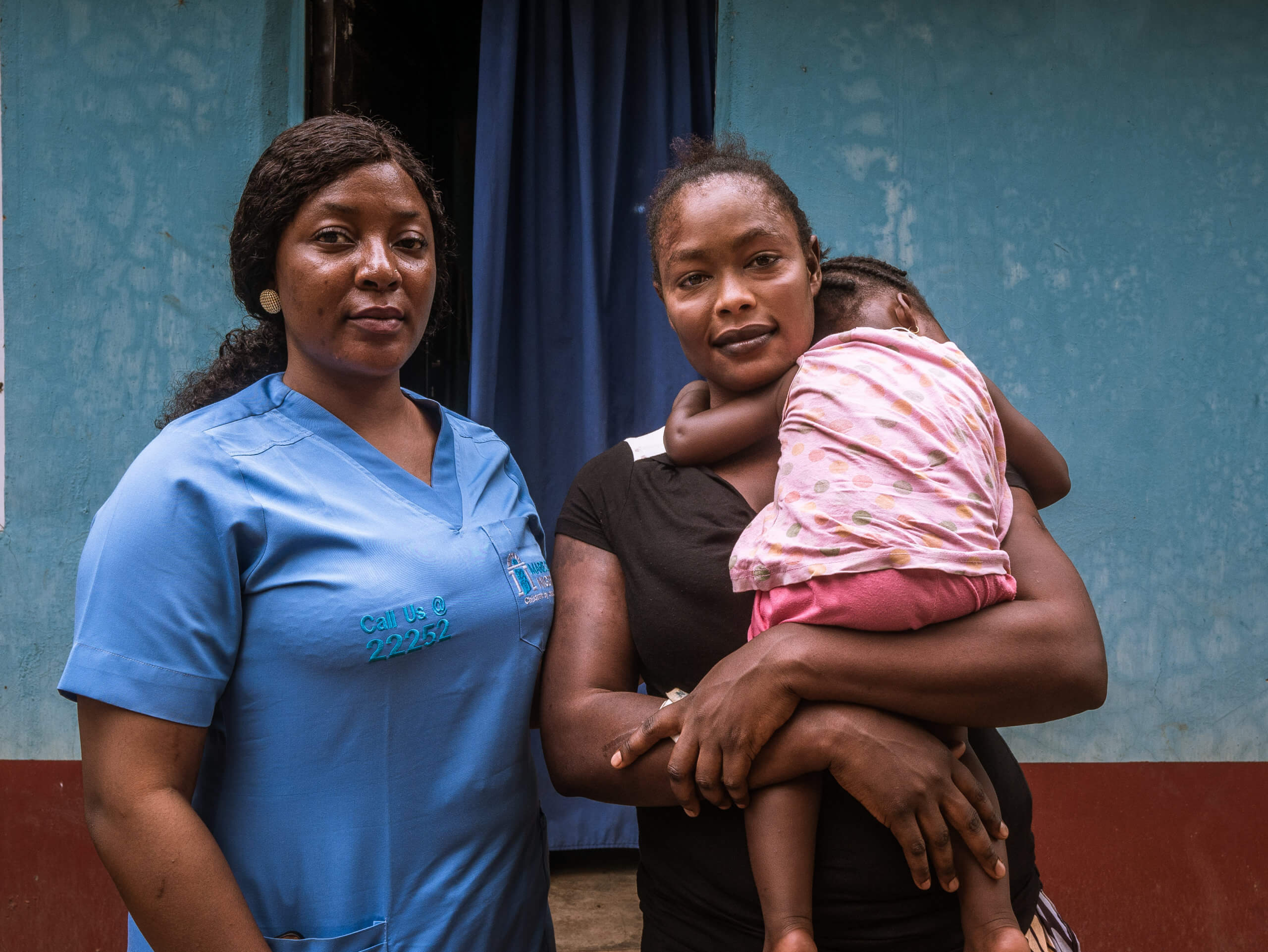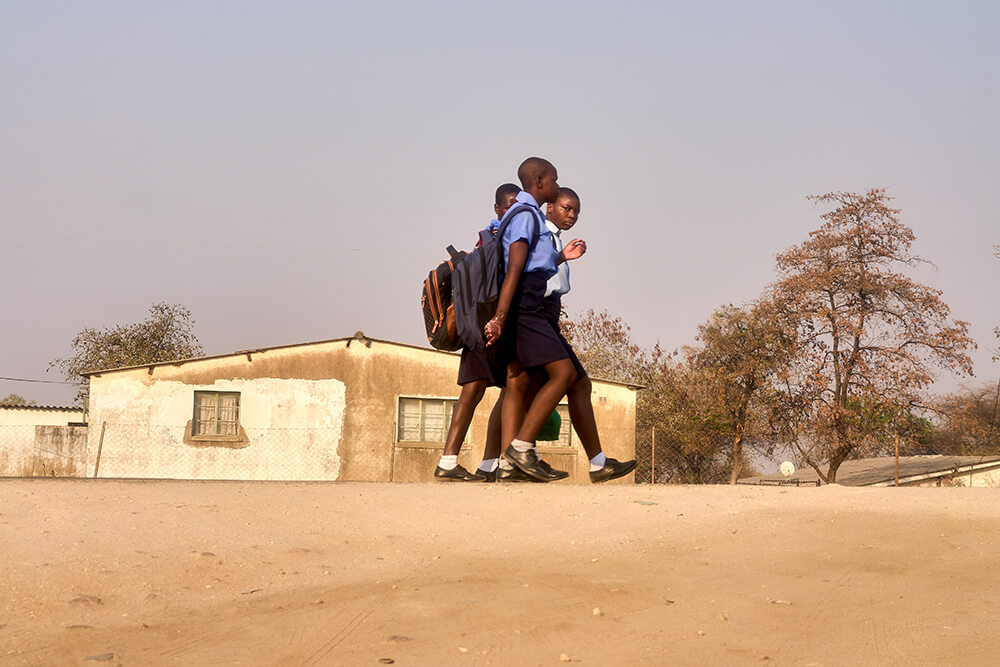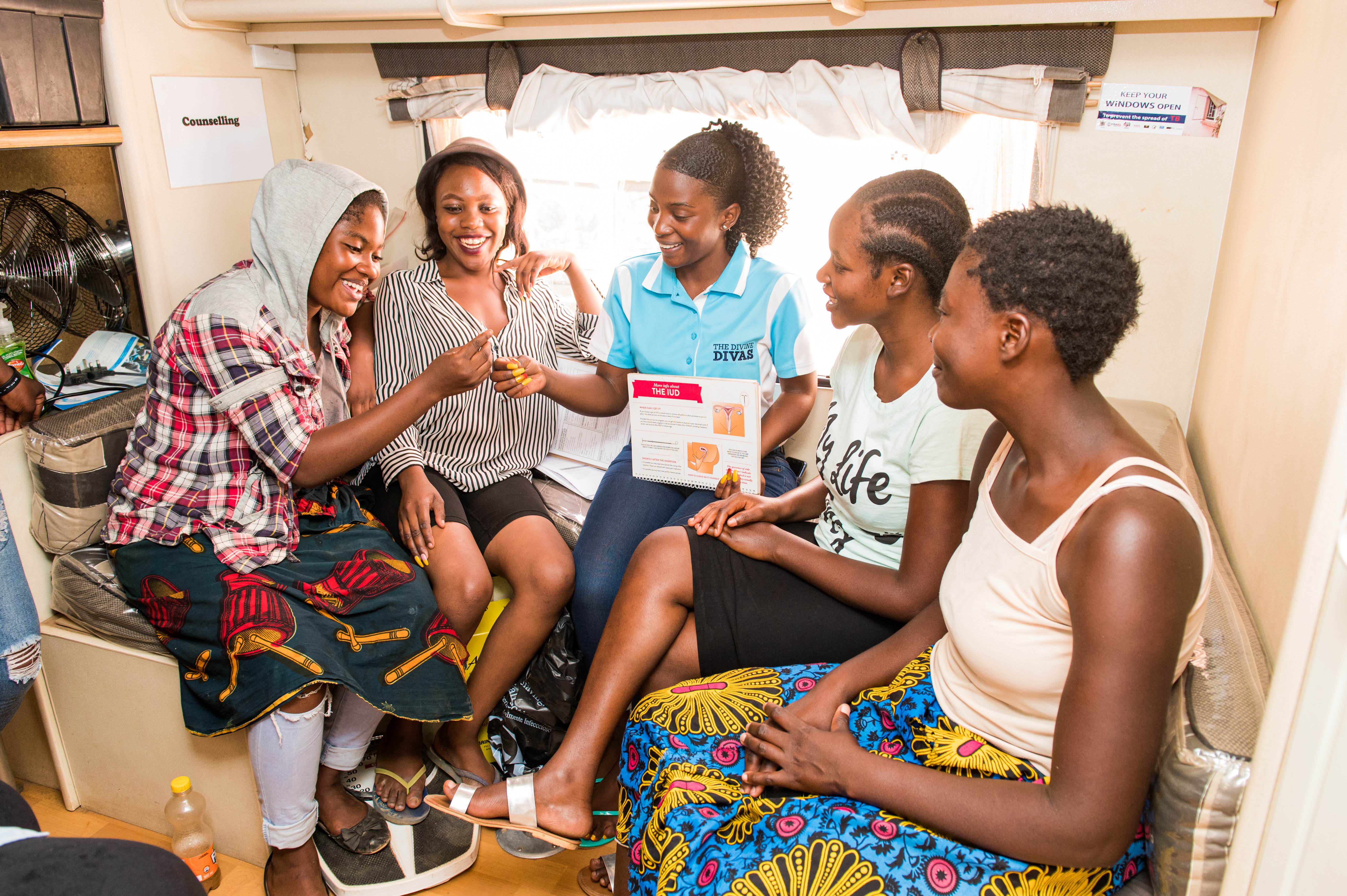Responding to mudslides in Ethiopia
When news of a deadly mudslide in southern Ethiopia reached MSI’s staff in that country, they knew they couldn’t wait to act. With hundreds of people killed and many more living in temporary shelter, the need for assistance was immediate and urgent.
“Gofa Zone in Gaze Woreda of the Southern Ethiopia Region is one of MSI Reproductive Choices rural project areas,” Abebe Shibru, country director for MSI Ethiopia, explained. MSI’s teams were already deeply engaged with leaders in the community. Now, they raced to send a team of medical professionals to help survivors.
As the death toll rose to almost 300 people and search and rescue operations continued, MSI got to work, setting up a satellite emergency clinic based at a camp for people displaced by the disaster in addition to a mobile outreach medical team which provides services to the six IDP sites.
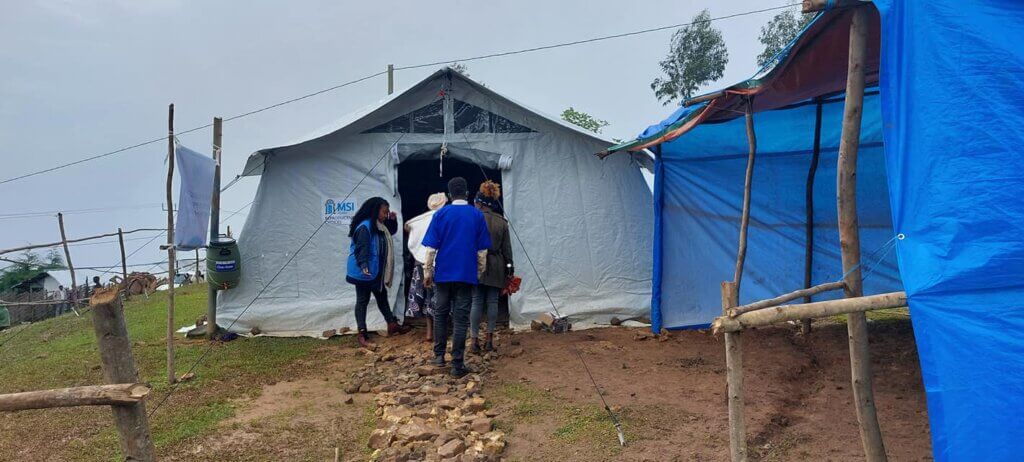
In a crisis, sexual and reproductive health matter
When disaster strikes, people often lose access to their usual healthcare providers—and the health consequences can be devastating and long-lasting. For women and girls, losing access to contraception can mean facing an unintended pregnancy right when they most need to avoid one. Instances of gender-based violence also increase in the wake of disasters, putting women and girls at risk.
But despite this urgent need, sexual and reproductive healthcare aren’t often included in emergency disaster response. That’s why MSI Reproductive Choices works in countries around the world to respond to humanitarian crises, ensuring that women have control of their bodies and futures in the worst of times. In Ethiopia, the team got to work. Experts in psychosocial support offered mental health support to grieving survivors, coordinating with World Health Organization staff. MSI Ethiopia also sent a gender-based violence expert to support community members. And of course, MSI nurses provided contraception and other reproductive healthcare to anyone who needed it.
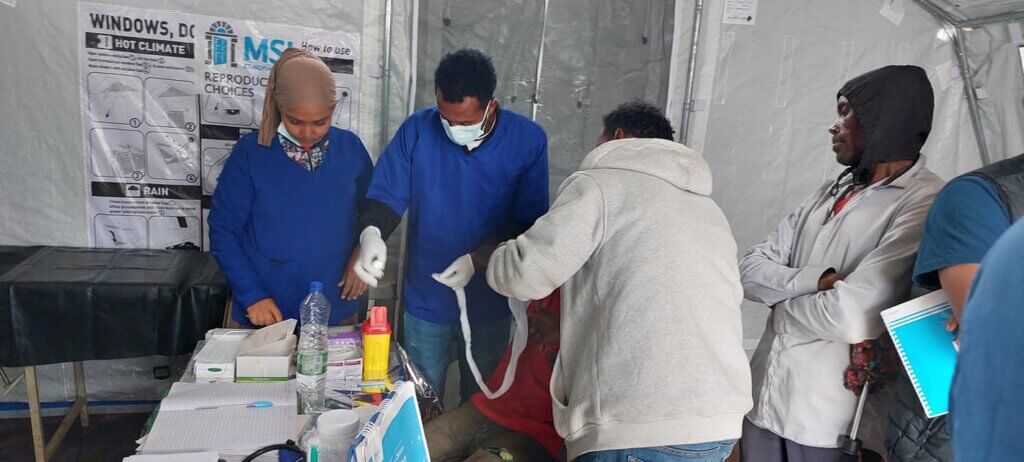
“We sent emergency supplies to the location and continue to provide support to the victims,” Shibru said. “By working with the local health office, we will monitor the situation closely on the ground and ensure that reproductive health services are included in the larger emergency response measures in the area.”
While the entire MSI Ethiopia team is deeply saddened by this tragedy, they are undaunted. We’ll continue to go further than anyone else to make sure every woman, everywhere, can control her own body.



